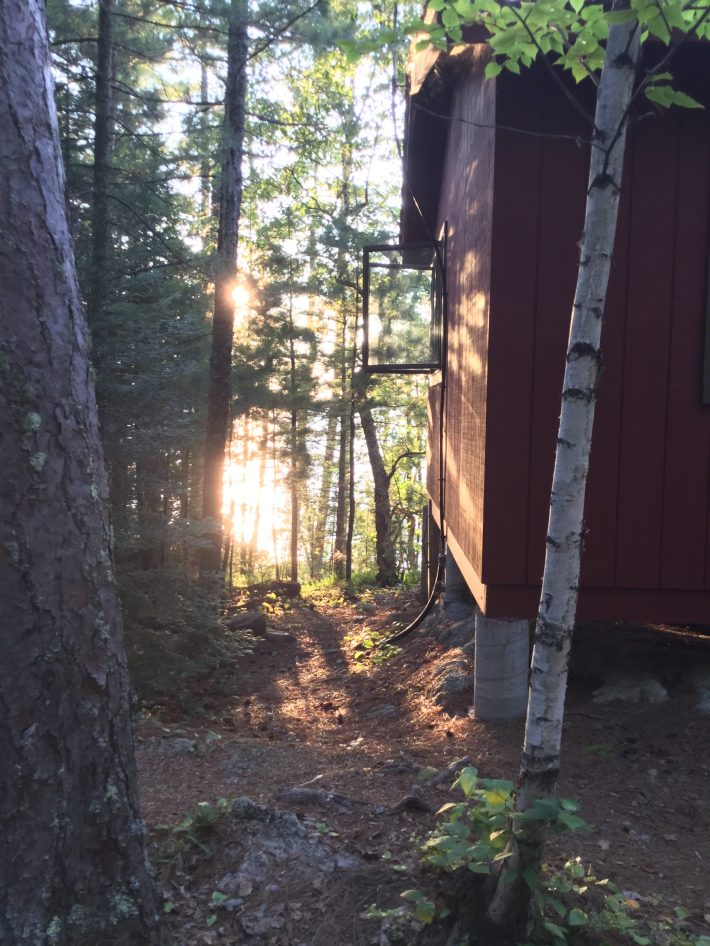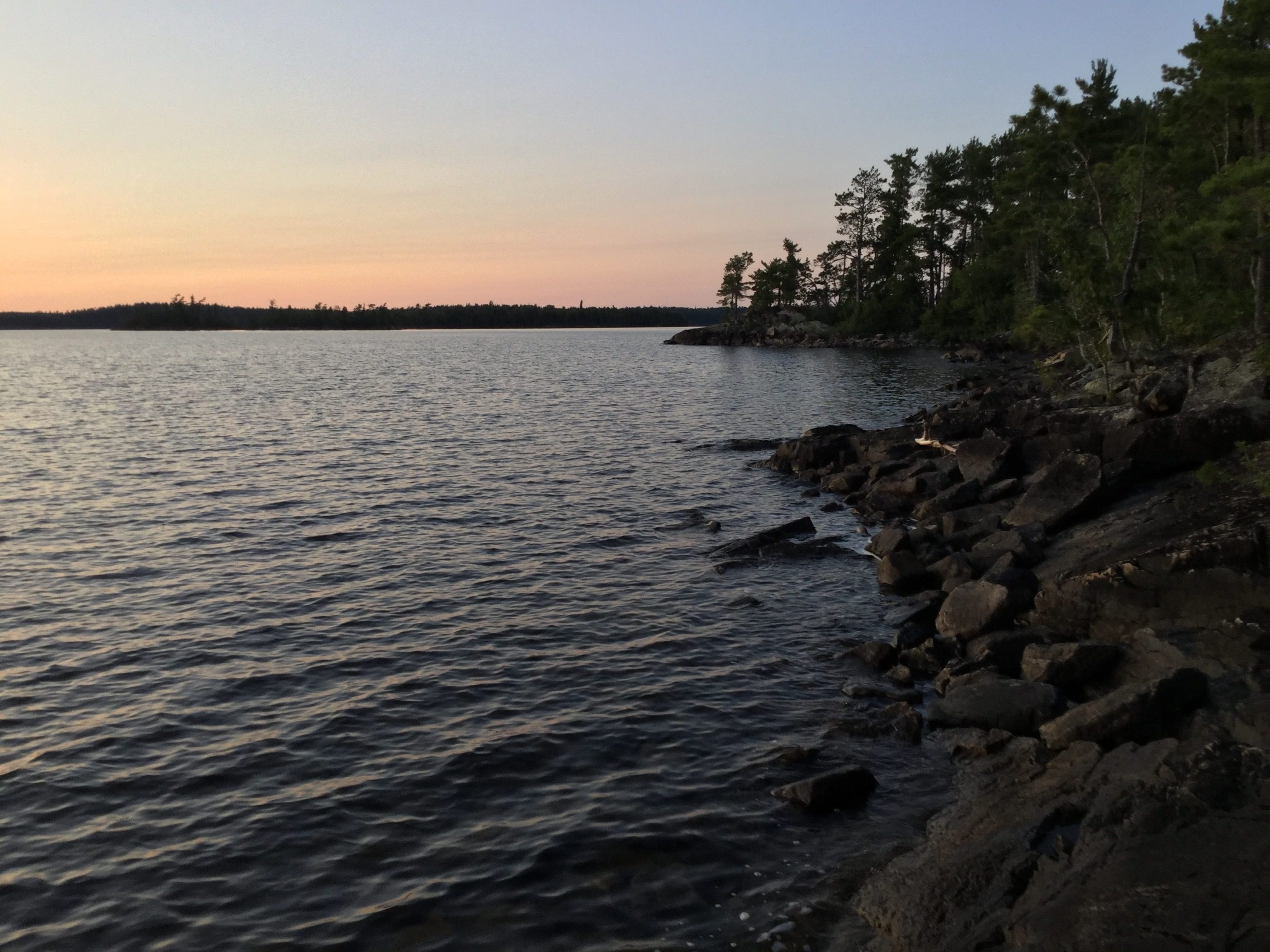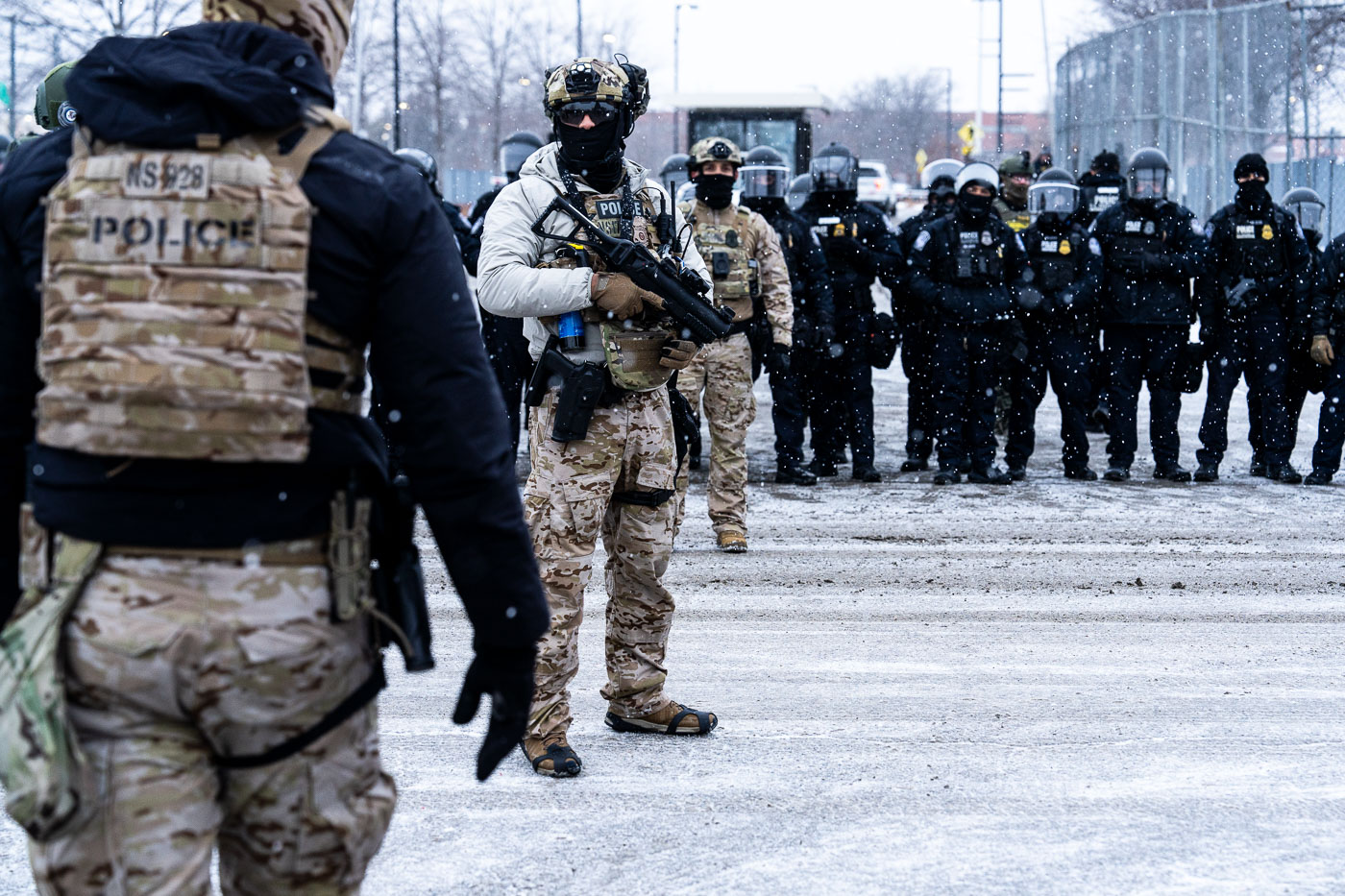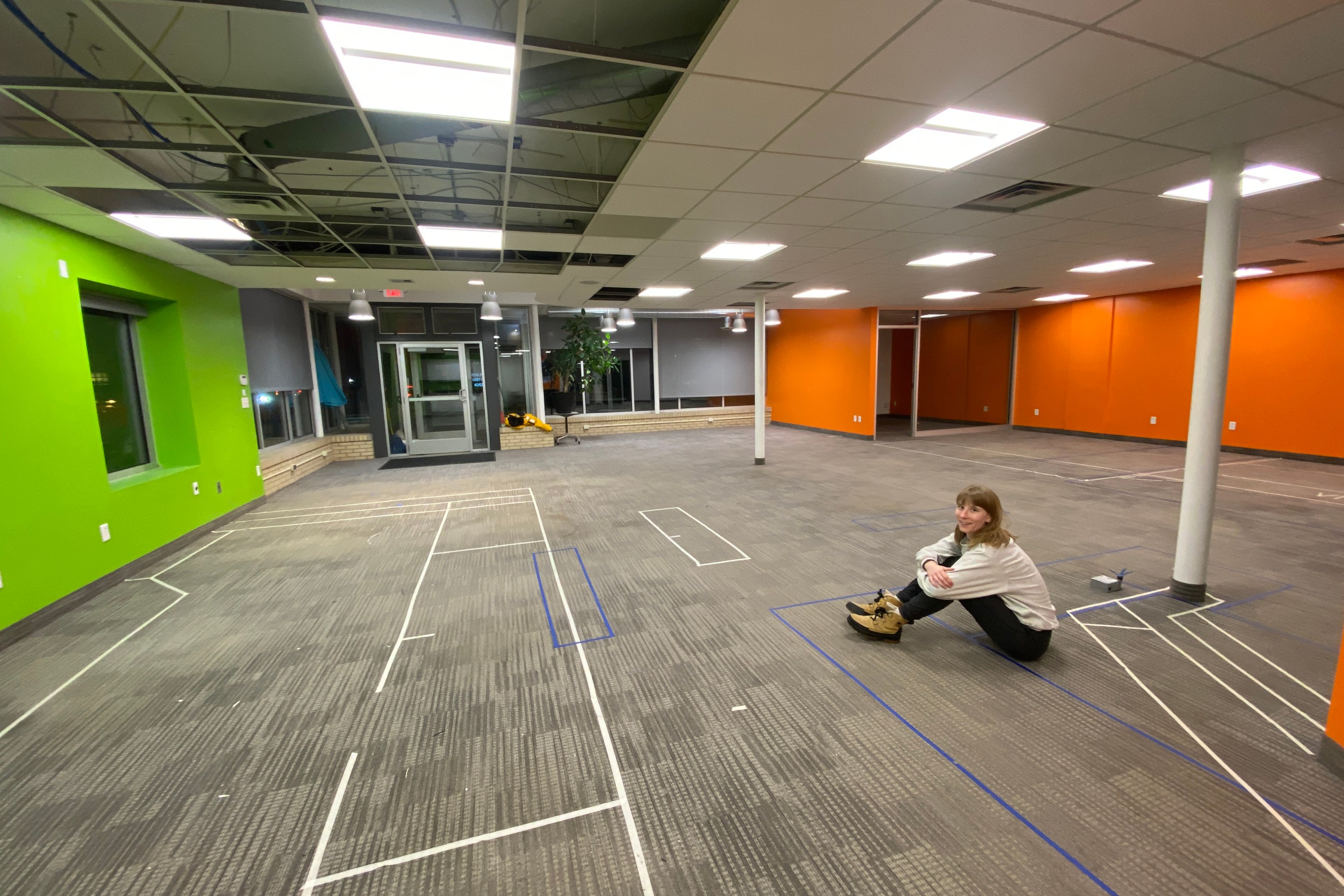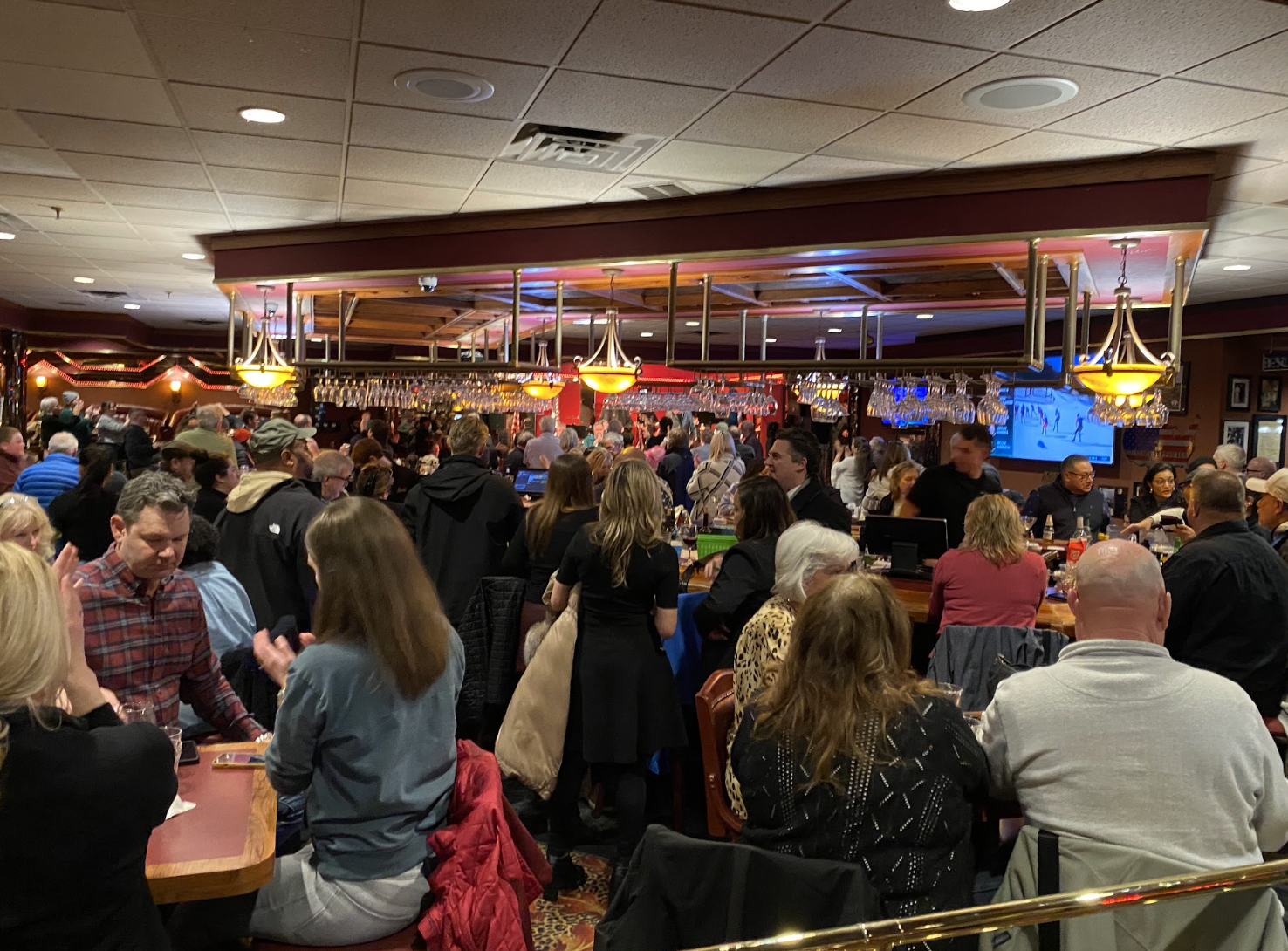I call myself a Minnesotan, but I was born in the Detroit suburbs and, from the ages of four to 14, lived in Waco, Texas. I moved to Minnesota at the start of high school. Or, what would have been the start of high school for most people: I was going into ninth grade back when Edina High didn’t start until 10th, meaning I got rewarded for all the stress and dislocation of a cross-country move with an extra year of middle school.
It’s no one’s fault that my years in Texas weren’t happy. Or, rather, it is many people’s faults; a sort of blame as disparate as early morning mist and not something you can pin to a single person. I was a queer, closeted, fat nerd, and I struggled, consequently, with what I would later find out was pretty severe depression. No amount of love from my parents could protect me from the conformity impulses of conservative white Texans. I smelled the drying shortgrass prairie on a trip a few weeks ago and felt my back tense instinctively, my muscle memory recalling how to make myself small.
My parents, Michiganders both, mythologized the North in a way you could only really do in that brief window of time when Indiana and Iowa were blue spots on the electoral map. It was where we were from and where we belonged, they said. Every year, we’d drive up to see my grandparents in Michigan, and on the ride I’d spend hours staring out the window at the little white farmhouses off the highway in Illinois and Ohio. I would trace their roofs with the tip of my right index finger and imagine that a girl just like me (except not sad or always worrying what the secrets she kept might say about the state of her soul) lived in them. For those summer weeks, I would get to be that girl, at least for a little while, reading paperbacks on the chaise-longe in my grandparents’ Astroturf-floored porch.
But the real reward came at the end of July, when we would pack our clothes in canvas duffel bags and drive two days across prairie and concrete to the North Shore of Lake Superior. Along the way, we’d meet up with relatives at the Angry Trout, my parents chatting for hours as I tried to sort rocks on the lakeshore into mosaics.
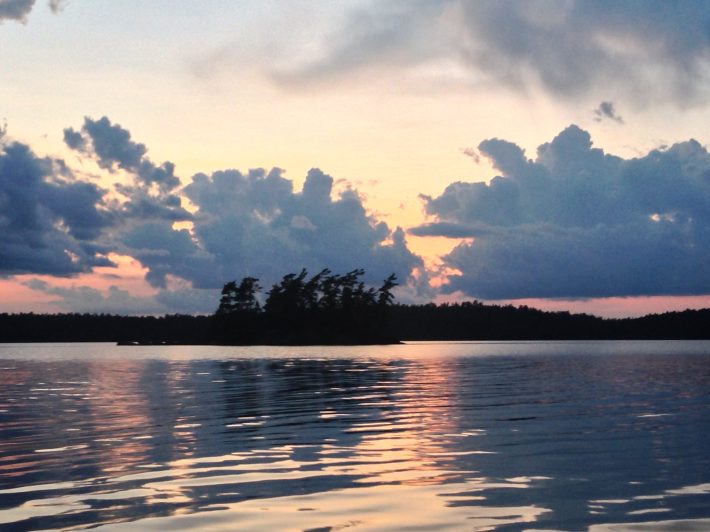
On the boat ride over we’d store our duffels in Hefty garbage bags to keep the boat's wake from spraying them, and then, all at once, the gray-weathered dock just 50 yards over the invisible line into Canada would appear, the dinner bell ringing to herald our arrival.
My family’s cabin in the Boundary Waters is both an immense privilege borne of my grandfather’s good timing in the early ’70s and much less of a luxury than my classmates in Texas imagined it to be. It has never had running water or indoor plumbing. Its electricity (used to power three lightbulbs, give or take) comes from a backpack-sized solar panel someone brought circa 2008. There is a single bar of cell service if you are willing to climb on top of the outhouse—which you really shouldn’t.
As an indoor kid whose foremost talent was naming every Gen I Pokémon in order, I felt all of these absences acutely; it ought to tell you something that I, without hesitation, called the cabin my favorite place on Earth.
No place in America could have been more different from the hundred-degree asphalt roads of Waco. The days were cool and the nights were cooler. We wore flannel shirts and jeans every day, and at night I would get hot cocoa in a chipped mug with a moose on it. It was quiet but never silent. When it rained, I would curl up in a bunk beneath the window and watch my breath fog against the glass. The tops of the trees swayed back and forth like dancers as I lay on my back on pine needles.
My little sister, far more rough-and-tumble than me, became herself in the Northwoods in a way she never could back home. She would spend whole days exploring the woods, coming back with names for all the places she had seen: the Trembling Woods, the False Tree, the Castle-Stone. I filled spiral-bound notebooks with pages about a girl stranded on Ray Bradbury’s Mars, a land of canals and long nights. At night, we would sit on the screened-in porch and play board games by tealight for hours, piling on sweatshirts against the cold.
My asthma, always at least a bit aggravated in Texas, would clear up in that cold. My father is still fond of saying that no one gets sick at the cabin, and while I know his rationale (clean air, exercise, etc.) doesn’t quite hold up, I certainly have never gotten sick there. Maybe he’s right; or maybe it’s that the cabin was one of the few places I got exercise back then.
My parents could never understand how I put up with the frigid water. I was too ashamed to explain to them that it was a place where no one would follow me around the pool yelling insults, where my fat child body did not have to be hated. That was what made me fall in love with the Boundary Waters, I think: the small personal grace they afforded me. They let me be, for once, alone.

I’m lucky that I no longer need that solitude. Minnesota was much kinder to me than Texas, and everything after that was kinder still. I live in a neighborhood now where I can safely walk home from a friend’s house after dark holding hands with my wife. I know there is no spectral relationship tying my fate to that of the Northwoods, but it’s hard to avoid magical thinking that, because I no longer need it as a refuge, the Boundary Waters, a place carved out of stones that are literally older than life itself, is in sharp decline.
I went up there again this summer, my second trip to the cabin this decade after a few years where Covid meant the U.S./Canada border couldn’t be fluid enough to accommodate our usual over-the-water entry. It was the end of July, and wildfire smoke from places much further north had choked Minneapolis for months.
I knew rationally that there was nothing protecting the Boundary Waters from the smoke, that it was not a local phenomenon but a consequence of living on the North American continent right now. Still, as we drove through Duluth, smog thick enough that the silos and towers of the industrial zone looked like prehistoric beasts, I found myself picturing a shimmering cellophane dome extending from Grand Marais all the way up to the stretches of Quetico so remote that the lakes go unnamed. It couldn’t reach us there. The Boundary Waters was where the air was pure. That was its nature, its form.
Of course it reached us there. My eyes burned on the boat as the smoky wind whipped against me. From the porch of the cabin, you could barely see to the edge of the bay. My asthma, dormant for years, returned. The cabin’s openness, its complete and proud lack of HVAC, meant there was nowhere to hide.
I spent hours in my bunk, huddled beneath my sleeping bag, reading books I didn’t really like because it was something to look at that wasn’t the red-white sky. At night, there were no stars and it remained uncomfortably warm. The year before, my first time back since the pandemic, I’d cried all night from exhaustion in my bunk as I waited in vain for the 80-something-degree heat of the day to dissipate.
On the final day I was there, the smoke began to let up. You could see most of the way out of the bay. I could suck a deep breath in through my nose without needing to double over coughing. I became manic. All the things I’d wanted to do before that the smoke had prevented were things I could now do. I would lay in the sun reading in a hammock. I would go fishing with my dad (even though I no longer ate fish). Maybe I would even swim! I could light a campfire down at the rocks the way we always did in the old days to commemorate the trip.
I told my grandmother about this last one, and she shot me down gently. It had been a wet year, but even so, we could no longer light campfires. A cabin nearby had burned down, she said, because an ember from the fire had lodged itself into a crack in the bedrock and caught on a far-down tree root. Unavoidable mistakes could mean us becoming the cause of the next great continent-choking smoke. There was no longer a safe way to enjoy fire.
That was what made me saddest: hearing the voice of my grandmother, nearly 90 and still spry, turn not merely to sadness but despondence when she spoke about the way this place had changed, as if the woods were in the slow nasty process of dying. It was all I could think about as I lay in my hammock and felt my skin begin to burn under the now-visible sun.
My dad drove me to Duluth the next day to catch the bus home. As soon as I was back on the lakeshore, lugging my too-heavy camping backpack through crowds of tourists, I began thinking about this piece. The title came first: “An Elegy for My Boundary Waters.” Elegy, not eulogy, because they weren’t dead, and because I wouldn’t let the vice-fascist steal elegy from me.
I thought on the overcooled bus about the litany of laments I could offer for the peri-mortem woods: the smoke, the heat, the horrible power of fires. The dead brown pines like bruises in the woods around the cabin. The knowledge that it could all get worse. The president who promised voters in St. Cloud that “10 to 15 minutes” into his presidency he’d strangle the ecosystem with the residue of nickel mining, a promise he’s trying to keep despite the best efforts of Minnesota’s congressional delegation. The way this place had hidden me from such astonishing cruelty, the way its pines had wrapped their boughs around my heart to shield it. The way I felt on some level that I had betrayed the Boundary Waters. That if I had spent my childhood advocating more fiercely for it, if I had not flown all those miles, left my lights on all those nights because, even as a teenager, I was still afraid of the dark, none of this would have happened. That I had been complicit, in whatever small way, in poisoning my safest space.
Night fell on the scrubby pines outside the bus windows, and I thought about how I would end the piece. Maybe it would be enough, I thought, to sit with despair. We struggle with that as a nation, I think sometimes. We normalize what we have lost so quickly without considering either grief or the possibility of solutions. We are almost too adaptable.
It has been months now since I sat on that bus, and I am no longer despairing, at least not in the same way. The Boundary Waters are fragile, but in the way glass is fragile. They break, and they melt, and they fuse into themselves again. They are like us. They adapt.
The crisis facing the Boundary Waters today is likely the worst they have faced since human settlement however many thousands of years ago. I often think of the wildfires the woods have sustained, the mass tree blow-downs, the vicious storms. The trees do their best to cling to the bare rock, but often it is not enough.
I think about the 80-year-old maps of the lake framed at the cabin; the way every island back then is thickly dotted with cabins and resorts, the way these lakes were in the not-so-distant past choked with high-horsepower motorboats, the way we as a state have become gentler toward this ecosystem, if still not nearly gentle enough.
The tasks before us are large. It is necessary to protect the Boundary Waters’ watershed, but that is no longer sufficient in and of itself; the crisis that threatens the region is global. I was right, in a sense, in my guilt: every gram of carbon dioxide released into the atmosphere dried the fuel for the fires whose smoke I breathed in this summer. It is a contingency of my own thought, and that of so many other Minnesotans, that I for so long considered the Boundary Waters a separate plane of the world and not, as they are, a place connected intimately to every other place in Minnesota and the country and the world.
Working to save the Boundary Waters from the ongoing consequences of our collective negligence and malice, on the dizzying global scale the task requires, is a vital and immediate matter. But here is the vital thing, the thing that I try to remember every time despair grips my throat: this action is necessary because there is still so much there worth saving.
